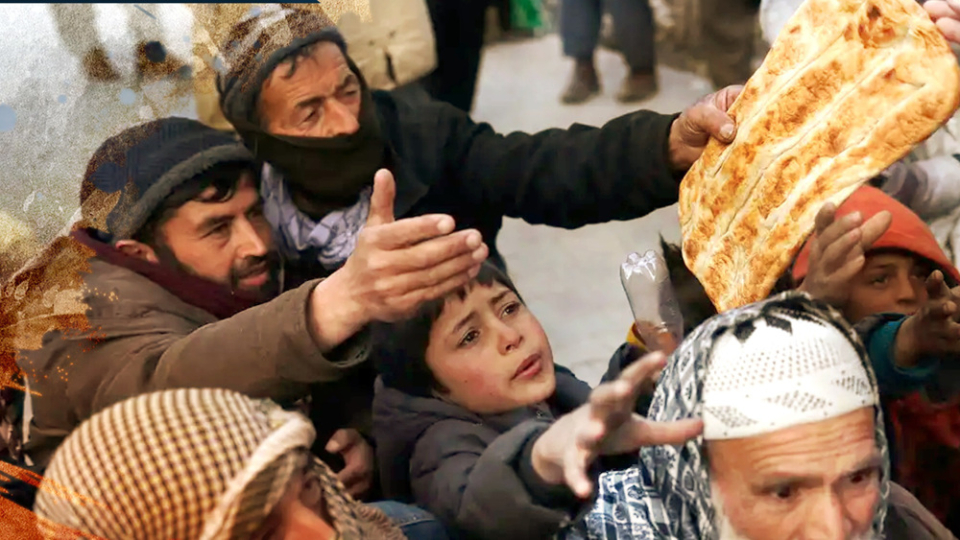On World Food Day, Afghanistan stands as a poignant reminder of the profound impact of two decades of conflict, death, and famine exacerbated by the US occupation. The nation, once vibrant, has been marred by a complex web of challenges that have left its people grappling with hunger, devastation, and the enduring consequences of prolonged warfare.
The 20-year US occupation, while aimed at addressing security concerns, has left an indelible mark on Afghanistan's socio-economic fabric. The prolonged conflict has resulted in the loss of countless lives, widespread displacement, and the destruction of critical infrastructure. This grim reality has culminated in a severe humanitarian crisis, with food insecurity standing out as a pressing concern.
As the international community marks World Food Day, Afghanistan's plight serves as a stark illustration of the urgent need for concerted efforts to alleviate suffering and rebuild the nation. The Afghan people continue to grapple with the harsh repercussions of the conflict, with hunger becoming an ever-present and pervasive threat.
The ravages of war have disrupted agricultural practices, contributing to food shortages and making it increasingly challenging for the population to secure basic sustenance. The fragile humanitarian situation is further exacerbated by economic instability, hindering access to essential resources.
Efforts to address hunger in Afghanistan must extend beyond immediate relief measures. Long-term strategies are imperative to rebuild the agricultural sector, promote sustainable development, and provide communities with the means to secure their livelihoods independently.
As the world observes World Food Day, it is crucial to acknowledge Afghanistan's dire circumstances and mobilize collective action to bring about positive change. Beyond the narratives of conflict, the focus should shift toward fostering resilience, empowering communities, and working toward a future where the people of Afghanistan no longer bear the heavy burden of hunger and despair.

















